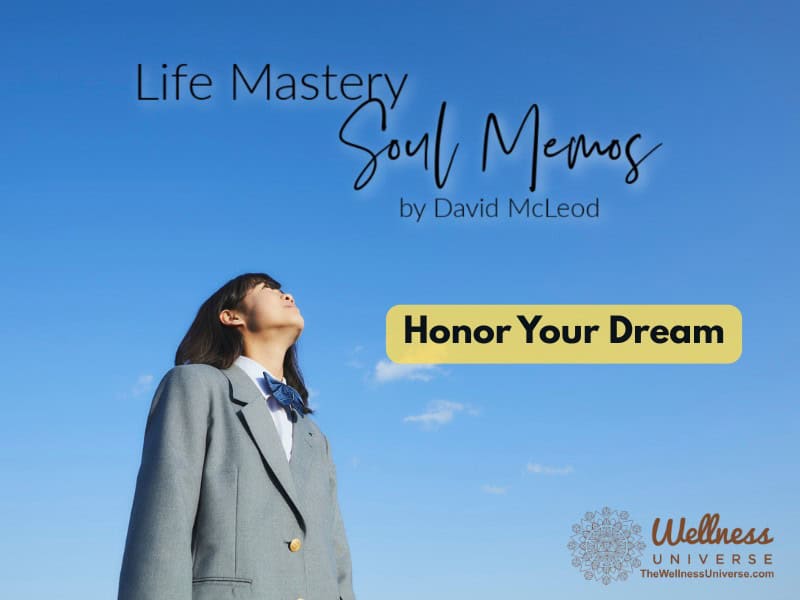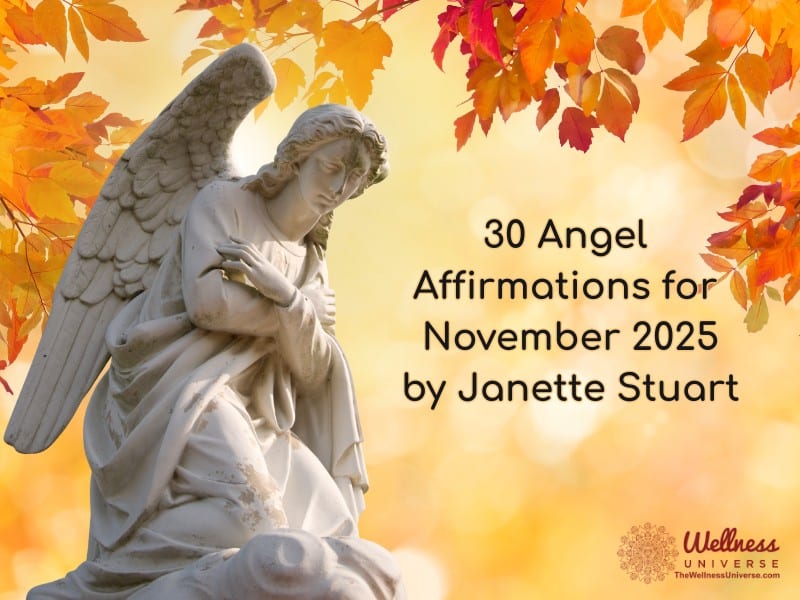The coronavirus has turned life as we know it upside down.
Our freedom to move about in the world has come to a screeching halt. We are experiencing overwhelming emotions, moving from feeling disoriented, anxious, vulnerable, and scared one moment to finding moments of okay-ness as we adjust to a new normal. As the coronavirus intrudes on the lives of humanity around the globe, life’s playing field is being flattened. Maybe bulldozed. So how can we soothe our troubled souls in times like these? By practicing self-compassion.
Kristen Neff, a pioneer in the field of self-compassion research, defines self-compassion as comprising three elements:
- Self-Kindness
- Common Humanity
- Mindfulness
To do a pulse-check on how compassionate you are with yourself, consider the following questions: How kind am I to myself? Do I speak to myself the way I would speak to a beloved friend? What words do I use when I speak to or of myself? What is my self-talk when I make a mistake? How often do I berate or criticize myself or my circumstances? How well do I take care of myself? Do I think my life situation or suffering is unique? That no one really understands what I am dealing with or going through? How much do I judge myself, others, my circumstances? How am I coping with stress? Am I using substances (or TV, sex, shopping, staying busy) to numb or escape?
Stop reading for a minute, and take a slow, deep breath in and out through your nose. Then another one. And one more.
The answers to these questions can be hard to face because more often than not, we do not give the same level of compassion to ourselves that we extend to others.
So, how can you develop lasting calm and peace through practicing self-compassion no matter what is happening in the world around you? Even the coronavirus.
Start with these 10 tips and practice, practice, practice:
- Find a picture of yourself when you were a child and place it where you will see it frequently.
- Start noticing how you treat yourself. Mindfulness is noticing without judging or evaluating. What would you see on a videotape if you or the situation were being filmed?
- Identify and write down your go-to words or phrases of self-criticism. What would the child version of you say about how you are talking to or treating yourself? Write it down.
- Make a list of words you would be willing to use that are kind and loving, and practice using them. These are words you might be more inclined to say to the child version of yourself, so do conjure up the image of your child self if that helps.
- Find and use a term of endearment to use in your self-talk (e.g., honey, sweetie pie, darling, etc.) Pick a term that makes you smile and feel warm inside.
- Write down actions you will take each day to nurture your mind, body, or spirit. Notice whether you do them, and if you don’t, get curious about what is holding you back.
- Allow your emotions to flow. Holding back emotions results in disturbance or suffering. When we allow emotions to move through us, they clear a path for moving forward. We get unstuck.
- Stop what you are doing and take three, slow, deep breaths in and out through your nose at least once every day. Notice how you feel after the third breath.
- Make a list of activities you either have done or would like to try that bring you joy, and start doing them. Make sure the activities are things you can do (especially during this time of sheltering in place).
- Keep going. For additional resources that will help you continue this journey, visit Kristen Neff’s website, or register for Rick Hanson’s year-long, online Foundations of Wellbeing course.
If you have self-compassion practices that have helped you create calm and peace in your life, please share them in the comments section below.
Let’s spread our collective resources far and wide so we can help everyone everywhere benefit from self-compassion practices, a powerful balm to soothe our souls and collective feelings of vulnerability as we continue to brave the wilderness that is this coronavirus.
– Laura
All information, content, and material is for informational purposes only and is not intended to serve as a substitute for the consultation, diagnosis, and/or medical treatment of a qualified physician or healthcare provider. The information supplied through or on this page, or by any representative or agent of The Wellness Universe, is for informational purposes only and does not constitute medical, legal, or other professional advice. Health-related information provided through this website is not a substitute for medical advice and should not be used to diagnose or treat health problems or to prescribe any medical devices or other remedies. The Wellness Universe reserves the right to remove, edit, move or close any content item for any reason, including, but not limited to, comments that are in violation of the laws and regulations formed pursuant to the Federal Food, Drug, and Cosmetic Act. None of the posts and articles on The Wellness Universe page may be reprinted without express written permission.

I am an executive and life coach and seasoned learning and performance improvement consultant who uses a wholehearted approach to help clients be their best selves in life and work. My superpower is asking wildly open-ended questions that help people get to the heart of what matters most.



